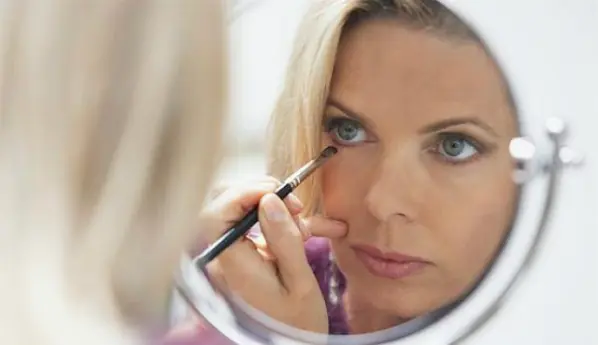Every day we use cosmetics without thinking about what substances they contain and how they can affect our health. However, a recent study conducted by researchers from Brigham and Women's Hospital found that regular use of certain cosmetic products may cause the development of diabetes.
The study was conducted on 2,350 American women aged 20 to 80 years. Volunteers provided their medical records for study and had their blood tested for levels of phthalates, substances found in cosmetics and personal care products. Phthalates are used to add flexibility and strength to plastics and to add elasticity to hair and nail polishes.
After analyzing the data, scientists came to the conclusion that high concentrations of certain types of phthalates in the blood increase the likelihood of diabetes. In particular, women with elevated levels of mono-benzyl phthalate and mono-isobutyl phthalate were twice as likely to develop the disease. Women with moderately high levels of mono-n-butyl phthalates and di-2-ethylhexyl phthalates had a 70% increased risk of developing diabetes.
The most dangerous cosmetics, according to scientists, are hair and nail polishes, as well as self-tanning products. Their regular use can cause metabolic disorders in 40 out of 1000 women with diabetes.
However, experts admit that the mechanism of action of phthalates on the human body has not yet been fully studied. Additionally, studies have only been conducted on certain types of phthalates, and not all cosmetic products have been tested.
However, the results of the study are quite alarming, especially considering the fact that the level of phthalates in the body of women is higher than in men, since women are more likely to use products containing harmful substances. Therefore, experts advise people to stop using cosmetic products containing phthalates and for cosmetics manufacturers to improve their composition.



